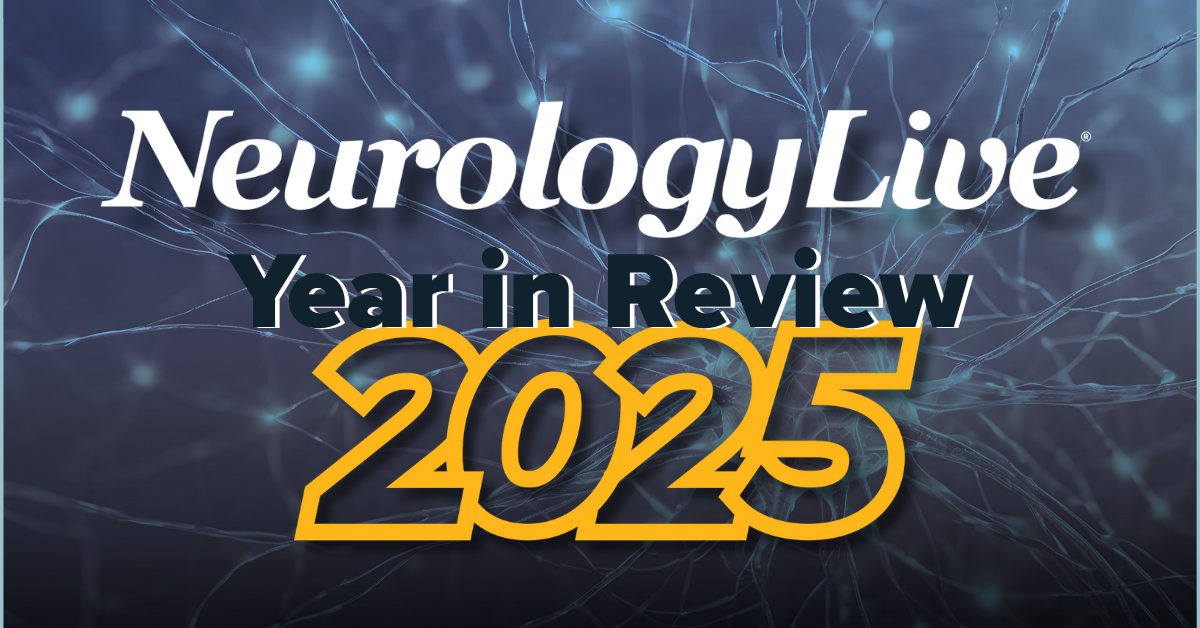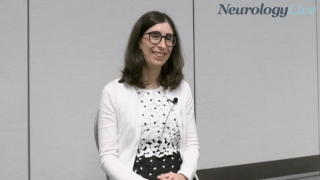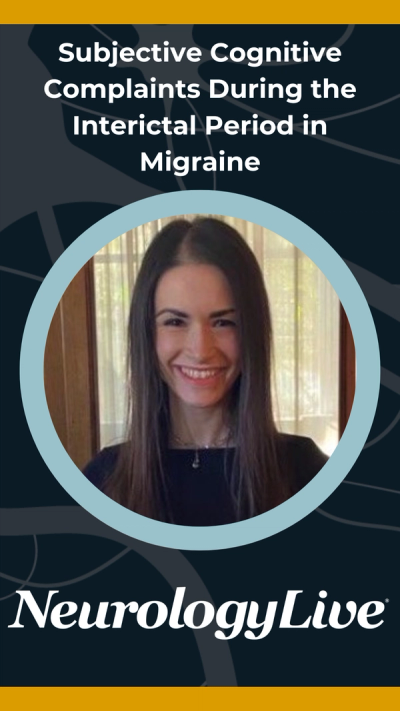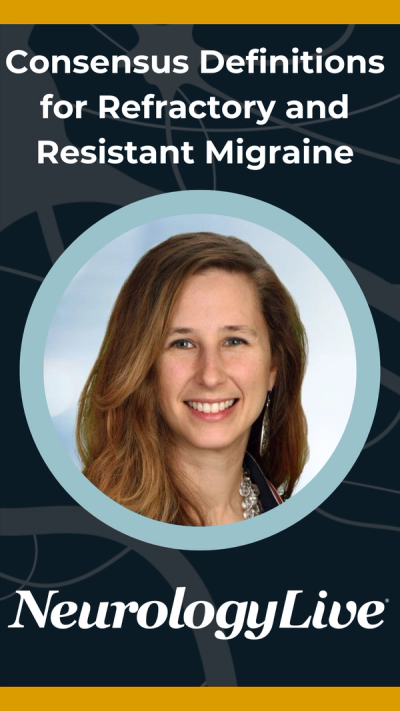
Migraine
Latest News
Latest Videos

Shorts
CME Content
More News

A new study confirms the Nerivio REN wearable provides long-term, drug-free migraine relief without dosage increases, ensuring consistent effectiveness over 3 years.

Despite not meeting its primary efficacy end point for preventive treatment of episodic migraine, onabotulinumtoxinA was well tolerated and safety outcomes were consistent with prior data.

A new study reveals that early treatment with the Nerivio wearable significantly enhances migraine relief, doubling efficacy outcomes for patients.
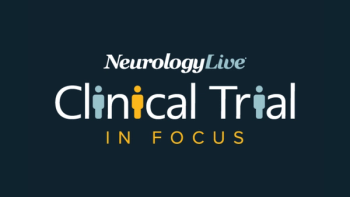
Salvia BioElectronics’ PRIMUS system, currently being assessed in a clinical trial, delivers subcutaneous occipital and supraorbital nerve stimulation for patients with resistant migraine.

In a recent randomized clinical trial, a smartphone-based relaxation technique provided to patients presenting to the emergency department was associated with reduced migraine-related disability.

At AHS 2025, Eric Baron, DO, headache specialist at Cleveland Clinic, presented findings from a cross-sectional survey that examined psychedelic use among Canadian patients with migraine and cluster headache.

A new qualitative study of 20 patients with migraine explored and documented the prodrome phase, revealing some of their common symptoms and timing before headache onset.

Amaal Starling, MD, FAHS, FAAN, associate professor of neurology at Mayo Clinic College of Medicine, shared data recently presented at AHS 2025 showing that eptinezumab extended the time between migraine attacks.

In a recent study, investigators developed multireceptor antagonist peptides that could block CGRP and PACAP, providing proof-of-concept for a potential new approach to targeting pathways involved in migraine.

At AHS 2025, Elizabeth Seng, PhD, professor of neurology at Albert Einstein College of Medicine, presented findings from a study showing that migraine was associated with increased odds of ischemic stroke in veterans.

The associate professor of neurology at Mayo Clinic Rochester talked about using artificial intelligence-electrocardiogram at baseline to predict adverse vascular events in patients with migraine. [WATCH TIME: 5 minutes]

The professor and chair of neuroscience at UT Southwestern Medical Center offered an overview on his keynote lecture presented at AHS 2025 on the circadian clock in relation to headache.

Patients using intranasal zavegepant for acute migraines report significant pain relief and improved daily functioning, highlighting its real-world effectiveness.

The professor of neurology at Albert Einstein College of Medicine talked about new findings presented at AHS, which suggested that both men and women with migraine can face significantly increased risks of ischemic stroke. [WATCH TIME: 5 minutes]

The associate professor of neurology at Mayo Clinic College of Medicine discussed findings presented at AHS 2025 from a post hoc analysis of the phase 3b DELIVER study testing eptinezumab in patients with migraine. [WATCH TIME: 5 minutes]

A recent survey reveals rimegepant's effectiveness for short-term migraine prevention, highlighting user demographics, triggers, and treatment strategies.

Chia-Chun Chiang, MD, associate professor of neurology at Mayo Clinic Rochester, discussed how AI-based ECG and imaging tools can aid in predicting stroke and cardiovascular outcomes in patients with migraine.

The chair of neurology at the University of South Carolina discussed findings from a study recently presented at AHS 2025 that linked migraine to autonomic dysfunction, increased risk of atrial fibrillation, and cardioembolic stroke. [WATCH TIME: 5 minutes]

The neurologist and headache specialist at the Montreal Neurological Clinic spoke about a recent national survey presented at AHS 2025 that revealed insightful patient perspectives in migraine. [WATCH TIME: 5 minutes]

Jennifer Robblee, MD, MSc, headache neurologist at the Barrow Neurological Institute, talked about an expert panel that developed a consensus definition for refractory migraine.

Nathaniel M. Schuster, MD, associate clinic director at the UC San Diego, talked about findings from a study of vaporized cannabis in treating patients with acute migraine presented at AHS 2025.

Laura Sebrow, PhD, a post doctoral neuropsychology fellow at North Shore University Hospital, discussed the relationship between patients’ reported cognitive difficulties and measurable cognitive performance during different migraine phases.

Marcela Romero-Reyes, DDS, PhD, FAHS, director of the Brotman Facial Pain Clinic at the University of Maryland, discussed a promising and potentially safer therapeutic approach for managing trigeminal neuropathic pain.

Markted as Brekiya, Amneal Pharmaceuticals’ newly approved therapy offers a self-administered version of dihydroergotamine mesylate for adults with migraine or cluster headache.

Theranica's FDA-cleared, drug-free migraine device gains expanded access, more than doubling coverage to 80 million Americans as young as 8 years old who are diagnosed with migraine.



